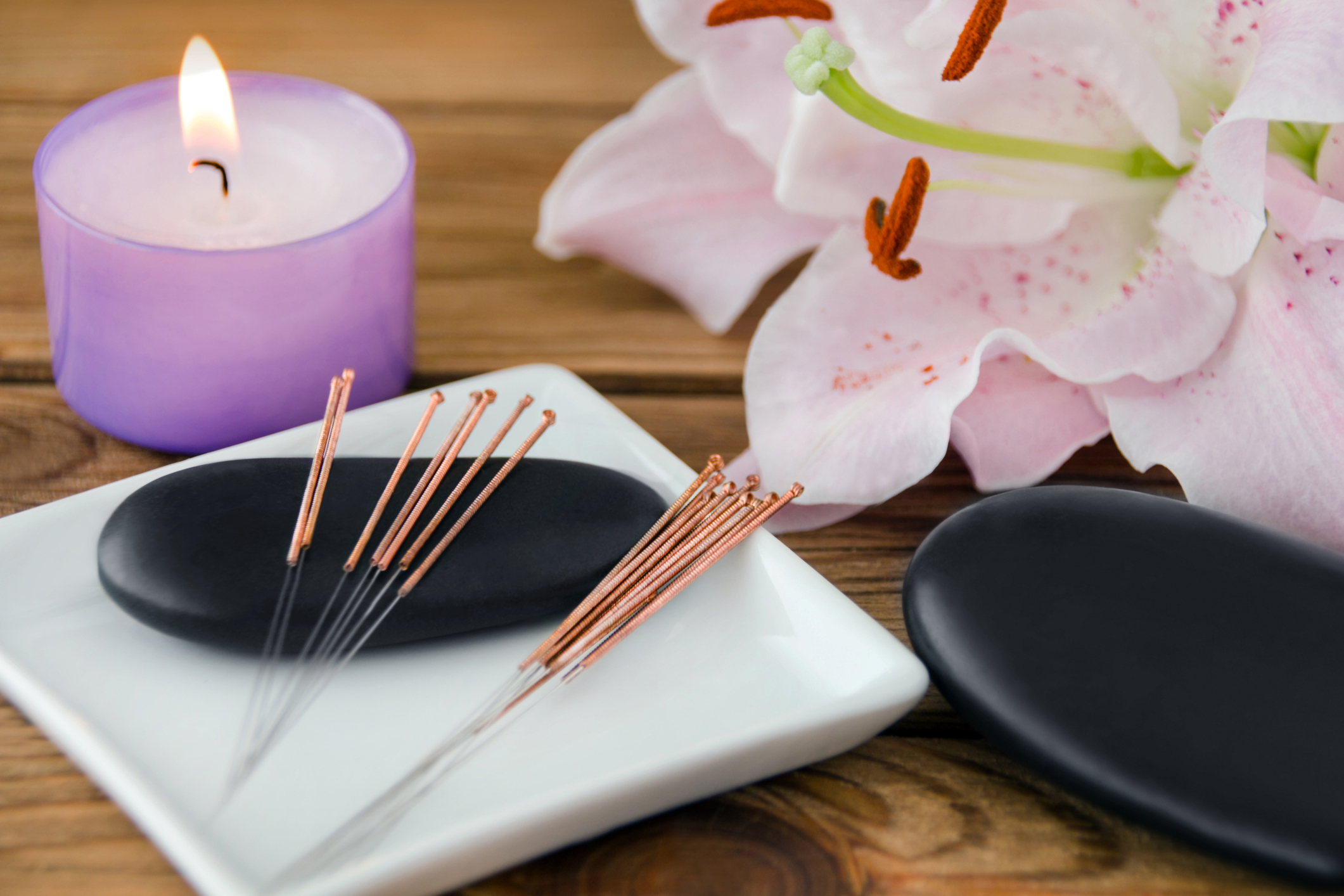

Prediabetes is a condition in which a person’s blood sugar levels are abnormally high, but not high enough to be diagnosed as diabetes.
Many people diagnosed with prediabetes have no symptoms. Yet, within six months, many have moved from being prediabetic to having full-blown type 2 diabetes.
But diabetes isn’t just about blood sugar. There are other issues that contribute to a diabetes diagnosis.
A new study has shown that an ancient traditional Chinese medical practice may be a key to controlling these issues and preventing diabetes from taking hold…
Acupuncture reduces key markers for diabetes
Researchers at Edith Cowan University in Australia have found that acupuncture may be a way to modify other health and lifestyle factors that are strong contributors to developing type 2 diabetes.
“It’s not only about high blood sugar levels,” says Min Zhang, a Ph.D. candidate and lead study author.
“If you experience sleep problems, high blood pressure, a lot of stress, these can contribute too.
“So, acupuncture can help with these factors and work holistically to help people balance their life.”
The research team looked at dozens of studies on the effects of acupuncture on people with prediabetes. In total, these studies involved more than 3600 subjects.
They found that acupuncture significantly improved fasting plasma glucose, two-hour plasma glucose and other key markers used to diagnose type 2 diabetes.
Another tool in your toolbox
Acupuncture could very well be a valuable therapy for people trying to follow a healthier diet and exercising regularly to try to keep prediabetes from becoming diabetes.
“Without intervention, 93 percent of people with prediabetes will develop type 2 diabetes within 20 years,” Zhang said.
“But unlike diabetes, prediabetes is reversible with lifestyle interventions such as improved diet and increase in exercise. But many people struggle to adhere to lifestyle changes long-term, so non-pharmacological treatments such as acupuncture could prove valuable.”
You can visit the American Board of Medical Acupuncture site to look for a board-certified acupuncturist/physician in your area.
A physician certified in acupuncture is a medical school graduate who has finished at least 300 hours of acupuncture education in an ABMA-approved education program; has passed an exam, and has completed at least two years of medical acupuncture clinical experience with a case history of no less than 500 medical acupuncture treatments.
But according to Zhang, acupuncture is much more than just needles…
It’s just one aspect of traditional Chinese medicine, which includes other treatment modalities that stimulate the body’s 361 acupoints.
While acupuncture is probably the best-known method for stimulating the acupoints, other practices include the use of light and electrical pulses, as well as moxibustion, a traditional Chinese method where dried herbs are burned near the skin to warm the acupoints.
“This is important because diabetic people can have issues with their skin, so perhaps it may not always be ideal to be using needles,” she said.
Sources:
Could acupuncture help ward off diabetes? — Eureka Alert
Should Acupuncture-Related Therapies be Considered in Prediabetes Control? Results From a Systematic Review and Meta-analysis of Randomized Controlled Trials — Holistic Nursing Practice
7 Tips for Choosing an Acupuncturist — healthgrades.com
So you want to give acupuncture a try? How do you choose a provider? — washingtonpost.com

